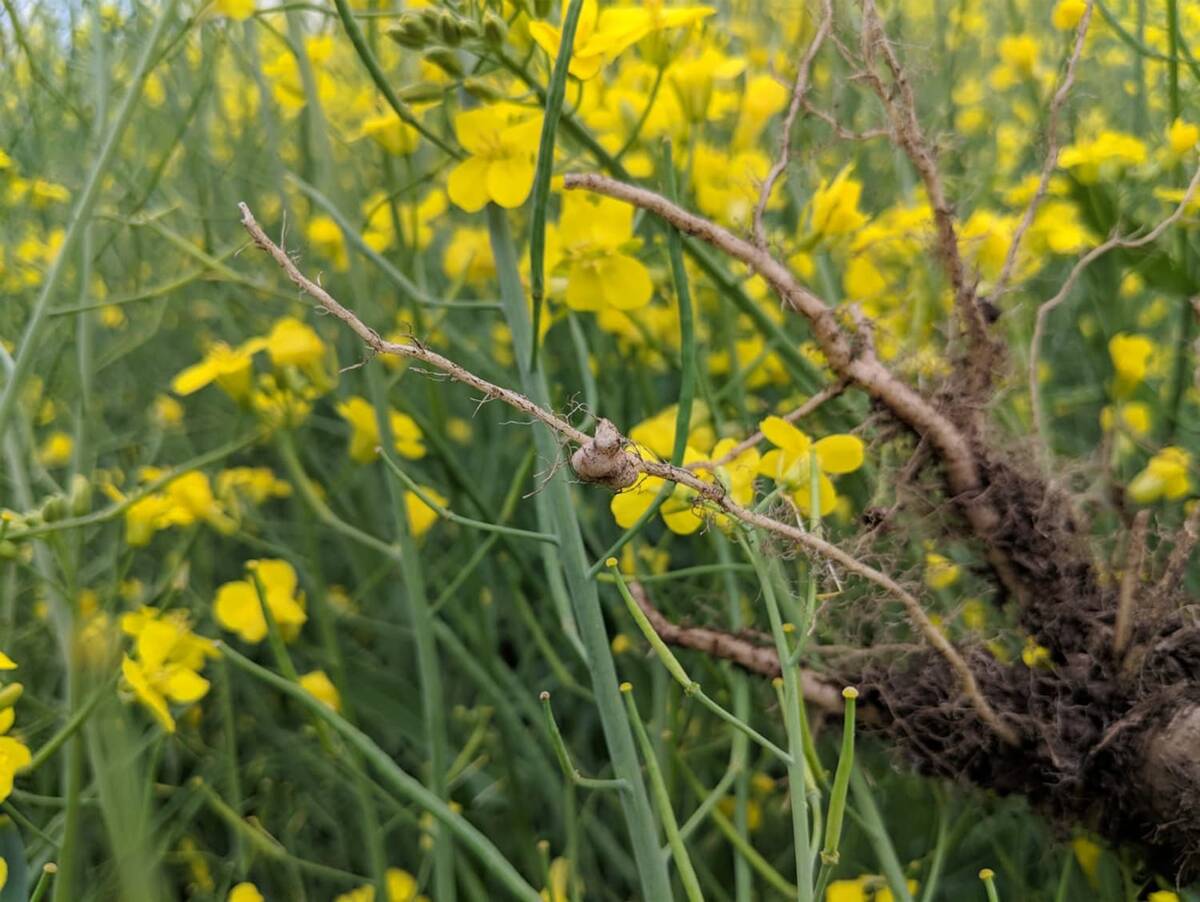Saskatchewan’s diesel-burning vehicles, including farm machinery and heavy equipment, will soon be running on a kinder, gentler fuel.
Saskatchewan’s renewable diesel mandate kicked in July 1, meaning all diesel fuel sold in the province must contain an average two percent renewable content.
Renewable diesel is a diesel fuel substitute made from renewable materials such as canola oil, soybean oil, animal fat and waste cooking oil.
The mandate will apply to all diesel sold in the province, other than fuel sold in remote northern locations. Aviation fuel is also exempt.
Read Also

Going beyond “Resistant” on crop seed labels
Variety resistance is getting more specific on crop disease pathogens, but that information must be conveyed in a way that actually helps producers make rotation decisions.
The mandate was designed to reduce greenhouse gas emissions in the province.
Implementing the mandate is expected to be equivalent to taking 5,000 cars off the road each year.
Diesel fuel refineries and distributers will have until Dec. 31, 2014, to comply with the mandate.
It permits refineries to increase the renewable diesel component of bulk fuel during the spring and summer and reduce the renewable component in the winter, when temperatures are colder.
The average-based system was designed to minimize winter performance issues associated with some types of biodiesel.
Saskatchewan is the last province in Western Canada to implement a provincial biodiesel mandate.
Alberta implemented a similar two percent mandate in 2011. Manitoba and British Columbia also have requirements in place.
With Saskatchewan on side, full compliance across Western Canada will necessitate a significant increase in imports of renewable diesel or a substantial increase in domestic production.
Milligan Bio-Tech president Joe Holash said mandates across the West have created a demand for more than 300 million litres of renewable biodiesel per year, far more than what is now produced in Western Canada.
Saskatchewan’s mandate will require 30 to 40 million litres per year, he said.
Milligan, which has a biodiesel production facility in Foam Lake, Sask., is among the largest biodiesel manufacturers in Western Canada, producing 20 million litres per year.
There are also a handful of smaller manufacturers, but prairie production stills falls well short of the industry’s needs.
Milligan, which produces biodiesel with off-grade canola, recently completed a significant expansion, increasing annual production from three million litres a year to an estimated 20 million litres in 2012.
Holash declined to elaborate on expansion plans but confirmed that the company hopes to see significant growth over the next 18 to 24 months.
“We’re looking at other locations and facilities where it’s strategic for us (in terms of) raw material supply and … distribution for our customers,” he said.
Milligan has also concluded an agreement to buy additional tonnes of off-grade canola in Alberta. It will allow Alberta oilseed growers to deliver off-grade canola to a facility owned by Great Northern Grain in Killam, Alta.
















